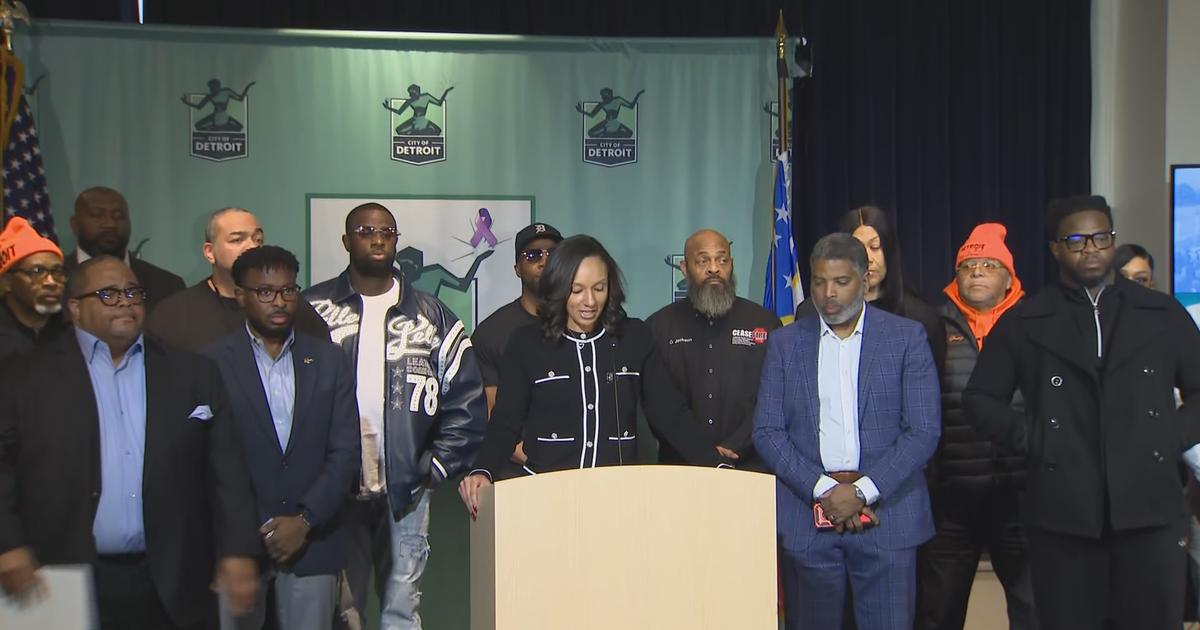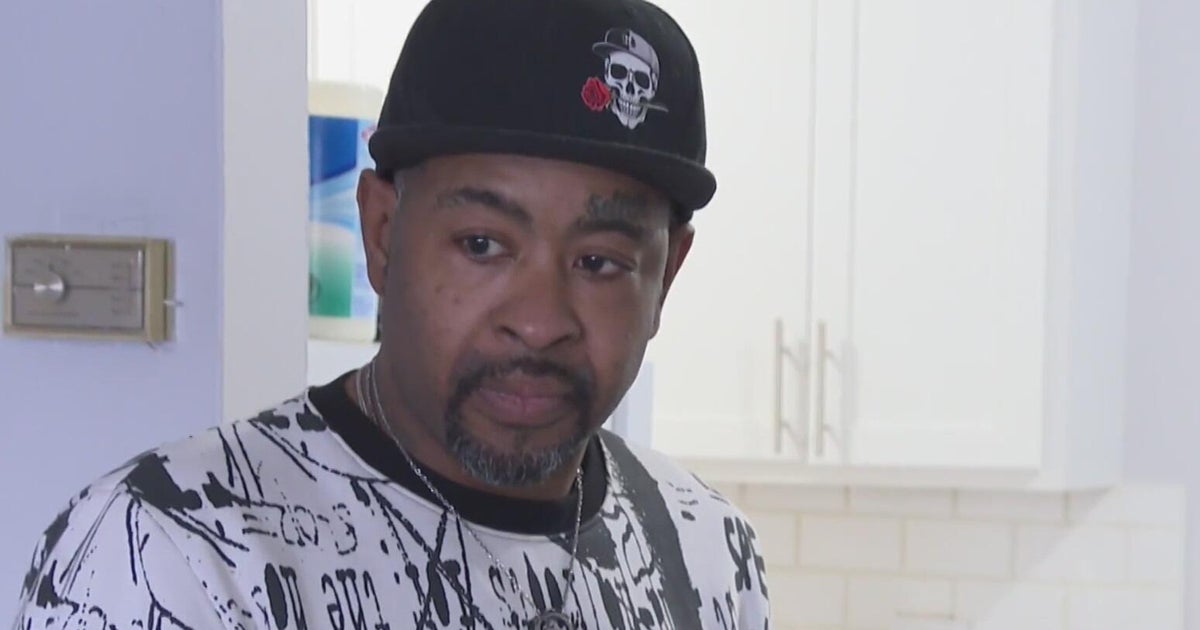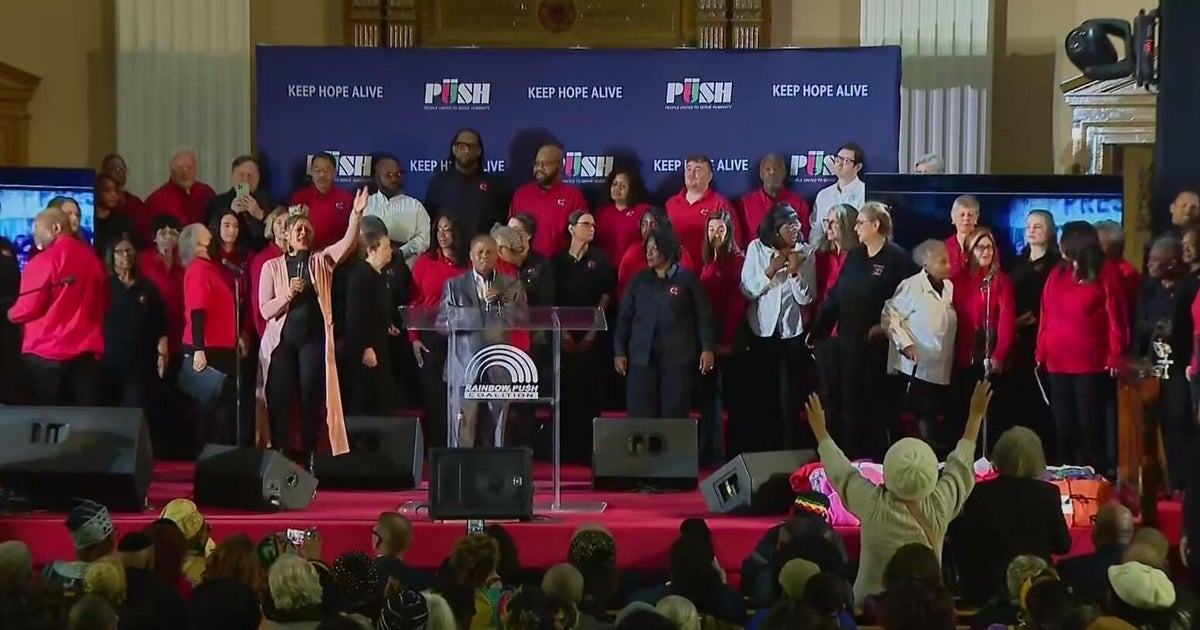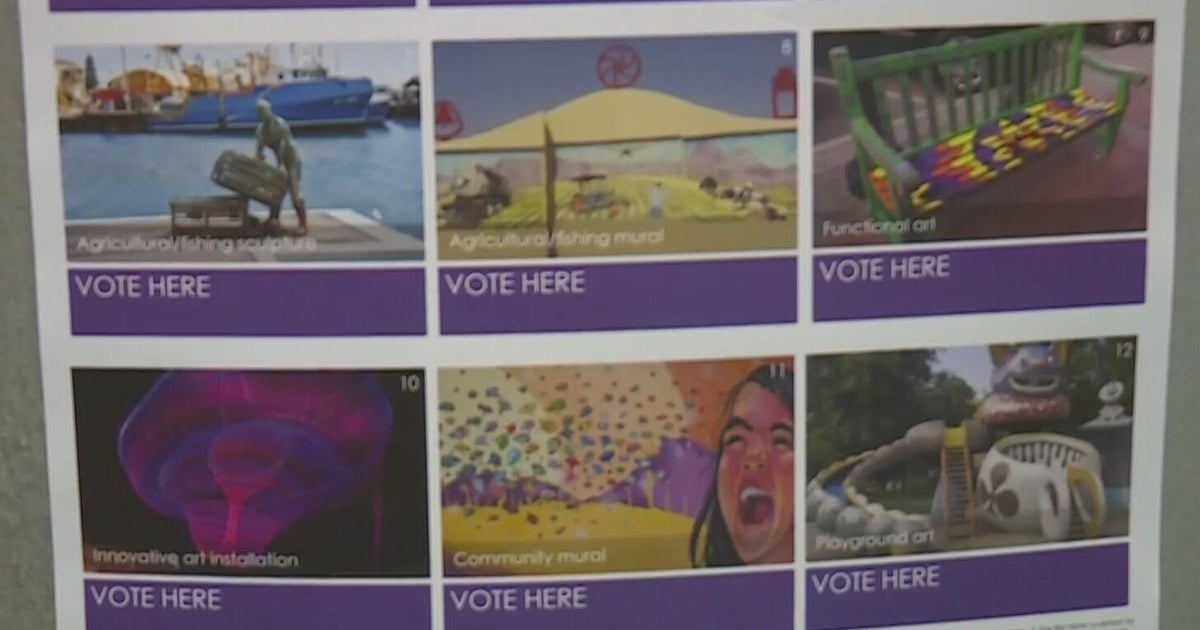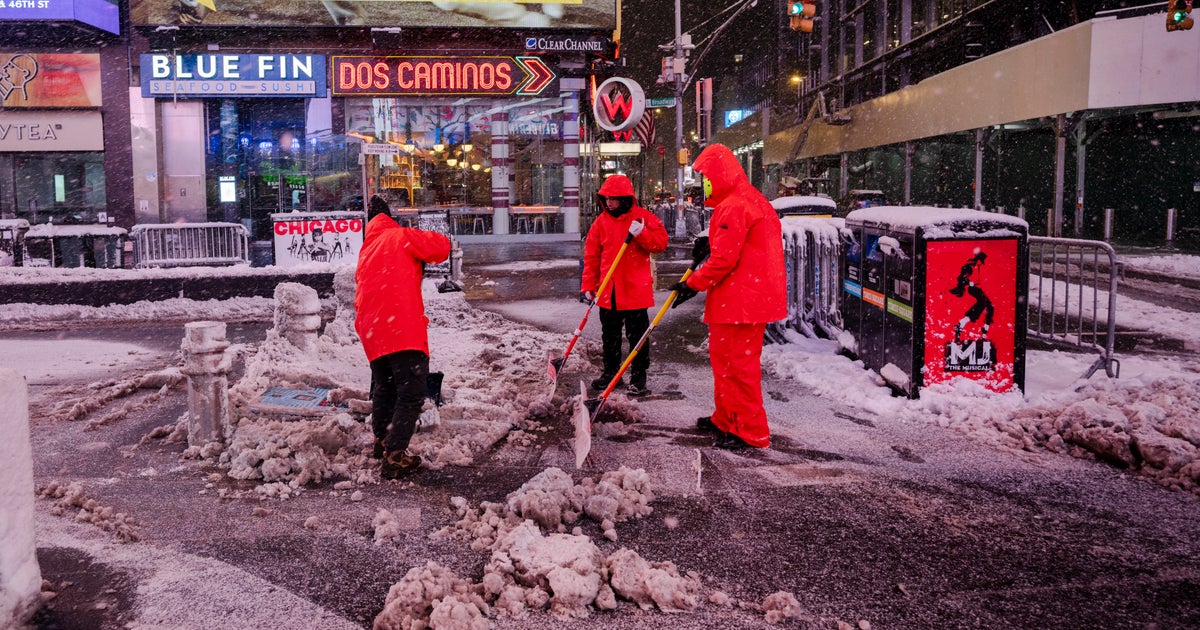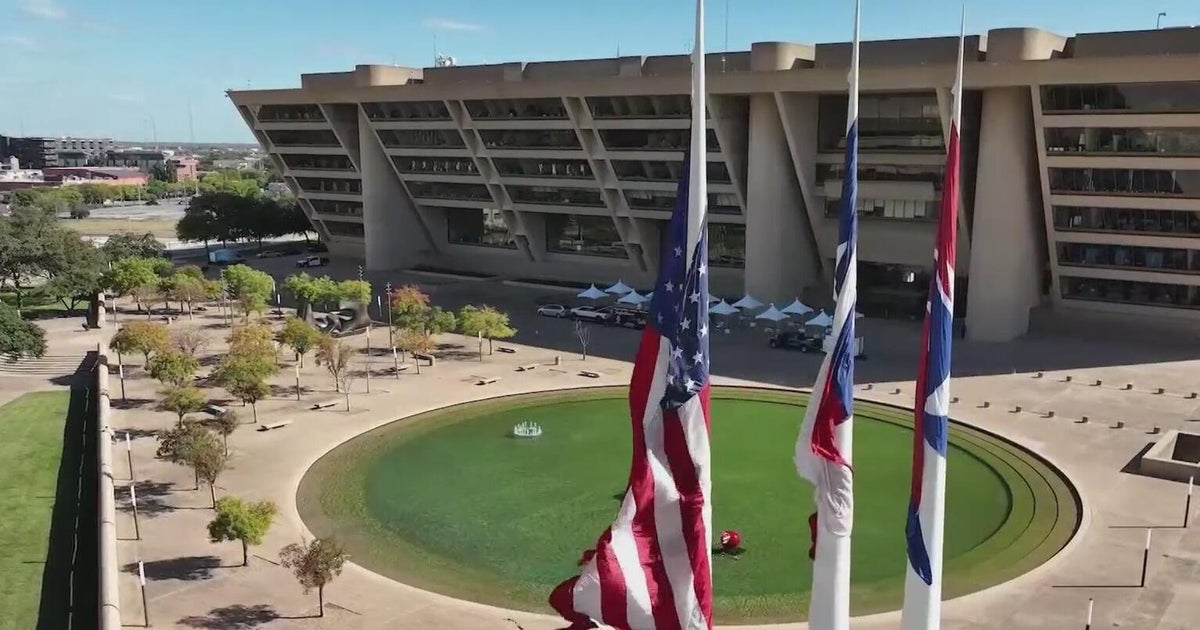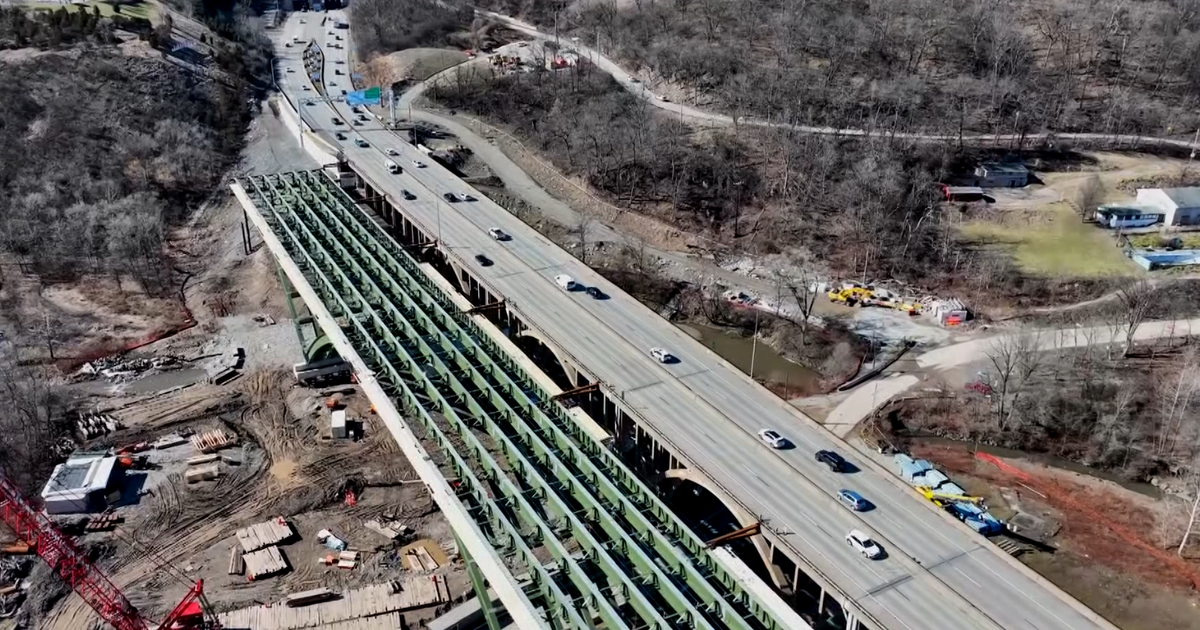'The Legendary' Cobo Hall Featured In Documentary
By Eric G. Czajka
Two Detroit-area filmmakers are nearing the end of a three-year project to document the origin, rise and cultural significance of Cobo Hall in Detroit.
"The Legendary Cobo," a film by Executive Producer Jake Hall and Writer and Director Douglas Akers, showcases the many diverse roles the venue has played throughout its life. More than just a Detroit icon, Cobo Hall was where Martin Luther King delivered the original rendition of his 'I Have a Dream' speech and where The J. Geils Band recorded their album 'Blow Your Face Out.'
The idea to create a documentary came to Akers five years ago when he came across a piece of political memorabilia while inYpsilanti.
"I was in an antique store and found a 'Lets Go Cobo' button," said Akers.
The small, blue button with bold, white letters was a remnant of a by-gone era, but it was enough to inspire Akers' to begin "The Legendary Cobo."
Akers, who has a background in music, has always had a passion for Cobo Hall.
"[When I was] growing up, seeing a show at Cobo was a rite of passage," said Akers.
Since the two filmmakers began interviewing three years ago, Akers and Hall have sat down with dozens of celebrities and band members. Their first big interview was with Chad Smith, drummer for The Red Hot Chili Peppers and Chickenfoot.
"Chadwas giddy about it," said Akers. "[He went] out of his way to do the interview."
Once the word got out that Cobo was going to be renovated and expanded, more and more people wanted to talk about their Cobo Hall experiences with the filmmakers.
"We conducted over 50 interviews," said Akers. "About half inside the arena thanks to support from Olympia Entertainment … we even interviewed the 'ping pong diplomacy' players."
Now that the filmmakers have completed interviews, the film has entered post-production – but a lack of funding could sideline the project.
The filmmakers say they need $45,000 to complete the documentary. While searching through piles of 16mm film reels donated to the archives atWayneStateUniversity, the pair discovered tons of forgotten film of Cobo from the 1960s and 1970s.
"Against the odds, after 6 to 8 hours of searching, we found the mother load of Cobo footage," said Akers. "… Footage that has not been seen in 30 years."
Akers and Hall plan to preserve the reels by having them transferred digitally by a professional film archival service. The cost to transfer the film is estimated to be $18,000. Up until this point, the film has been funded independently, but the costs have outgrown their budget.
"(These films) are the biggest element of our post-production cost," said Akers. "We want it preserved, not just for us, but for future generations."
So far the filmmakers have raised $7,000 of their $42,000 goal.
Besides the cost to digitally preserve the film, the filmmakers are in need of more hard drive space to store the 120 hours of interview footage. Other money is needed to go towards the actual production of the movie. The DVDs, Blu-Rays and promotional material are expected to be costly.
Akers and Hall plan to show the movie at film festivals throughout theUnited States. After the film debuts at the film festivals, it will premier to an audience in theMotorCity.
While Akers believes it's vital to preserve the important role that Cobo has played, he believes the current revitalization of the conference center is a step in the right direction forDetroit.
"We're not the 'save Cobo campaign'," said Akers, "… The restructuring is a beautiful and great thing for the city."
From the beginning, one of Akers' goals with the documentary was to answer a question that had been on his mind for years. How and why did Cobo become the preferred live album venue?
"It was the right place at the right time," said Akers. "With the best rock audience in the world."
You can visit the film's website by clicking here, or can follow this link to donate.
